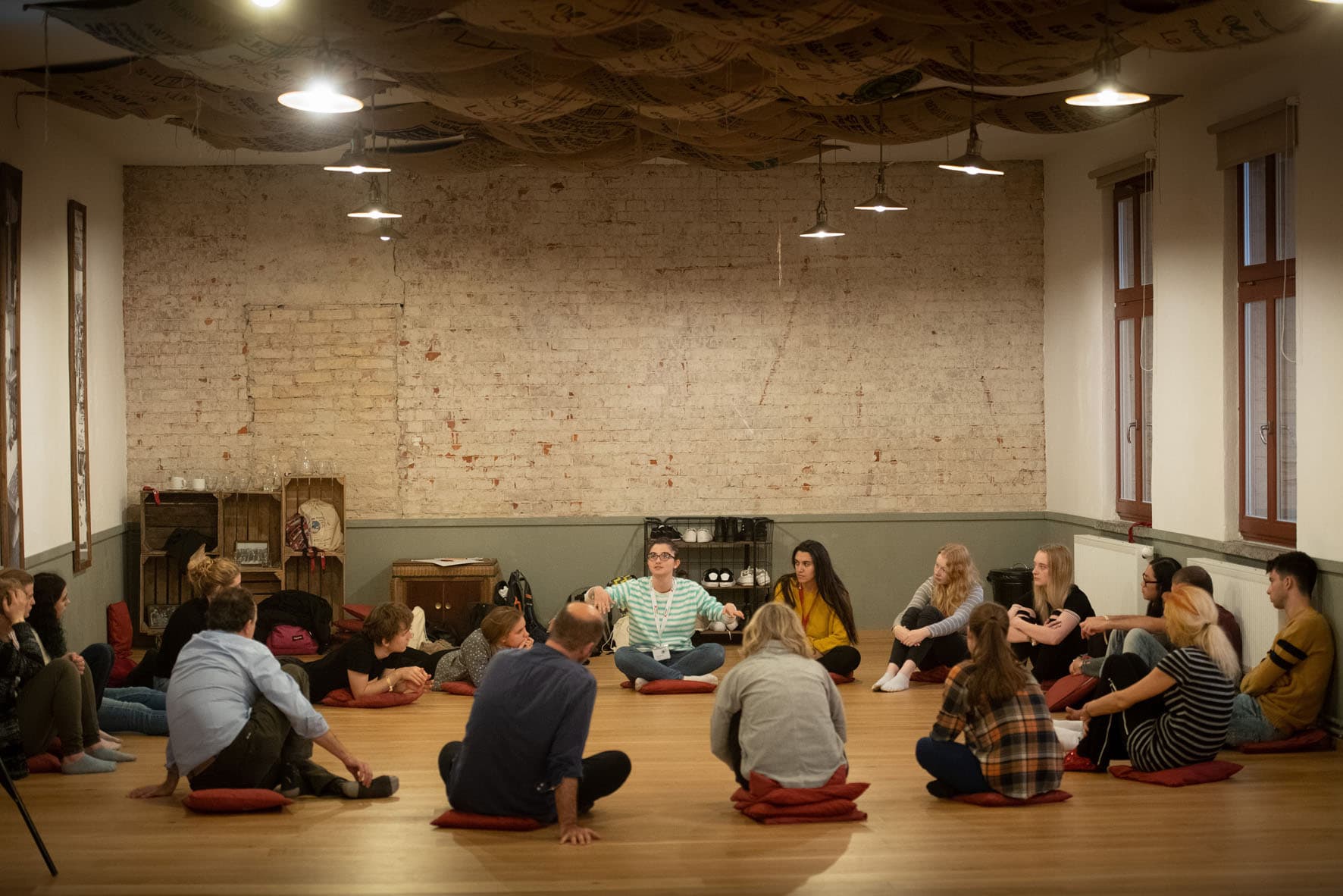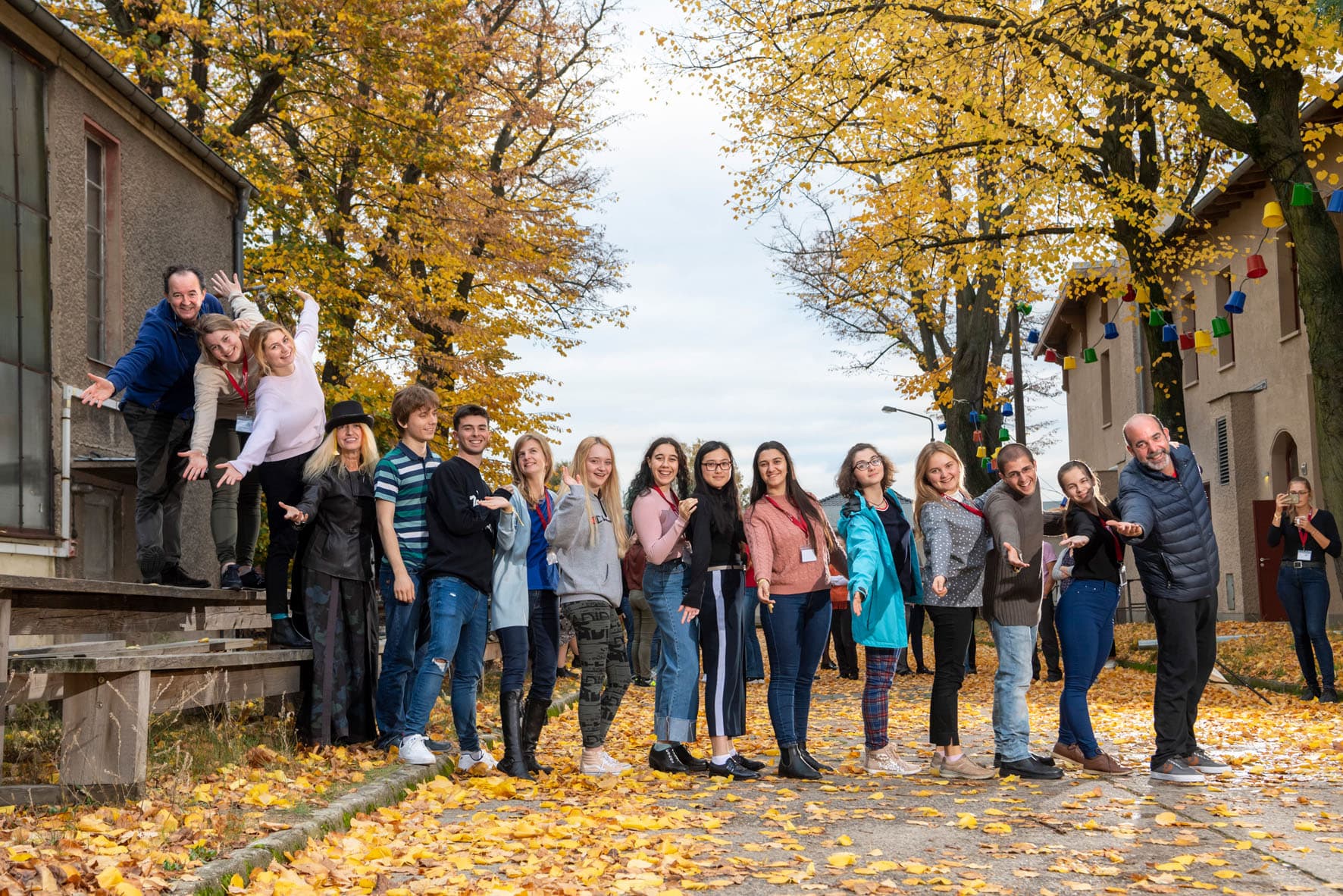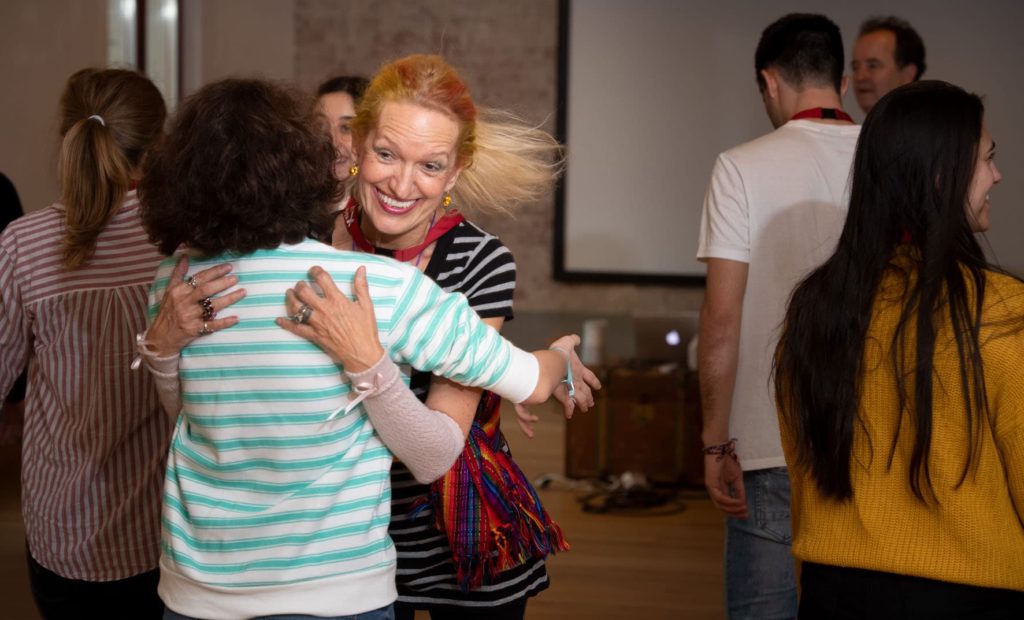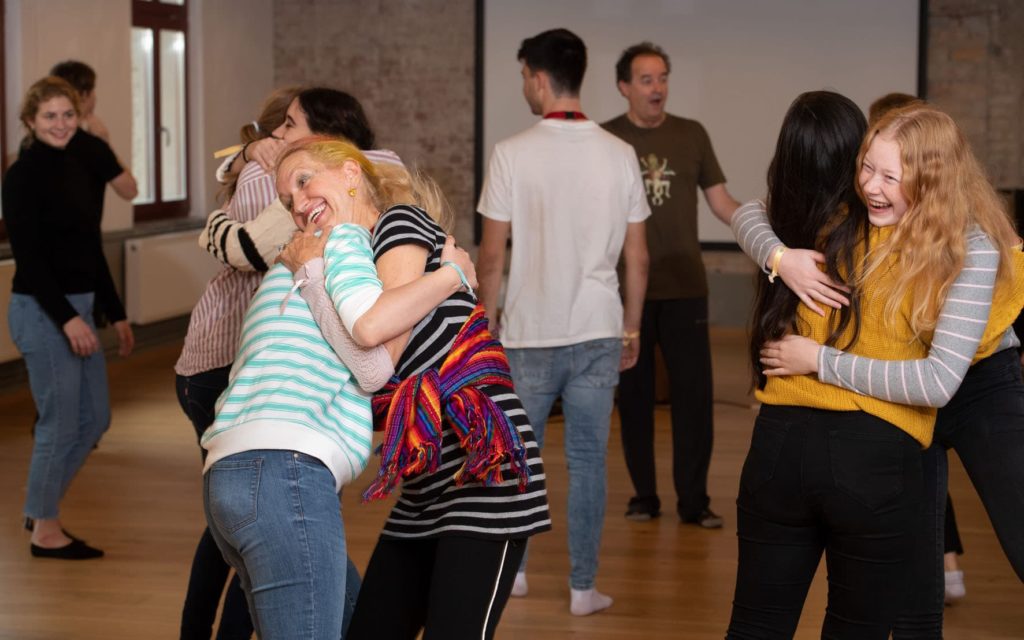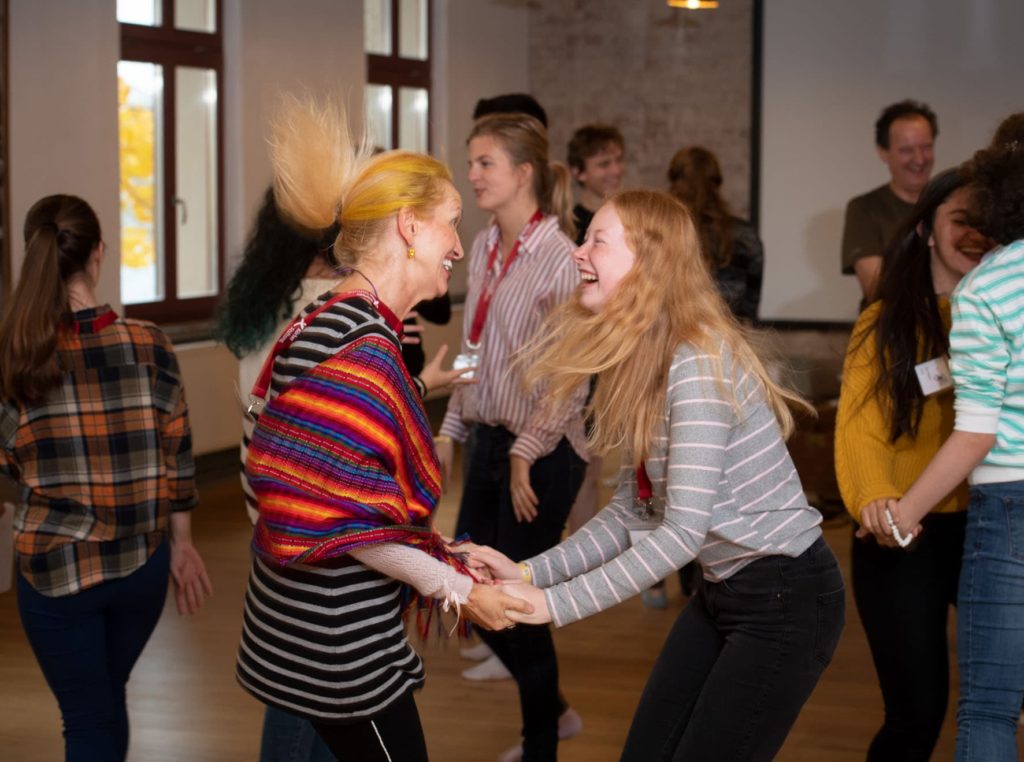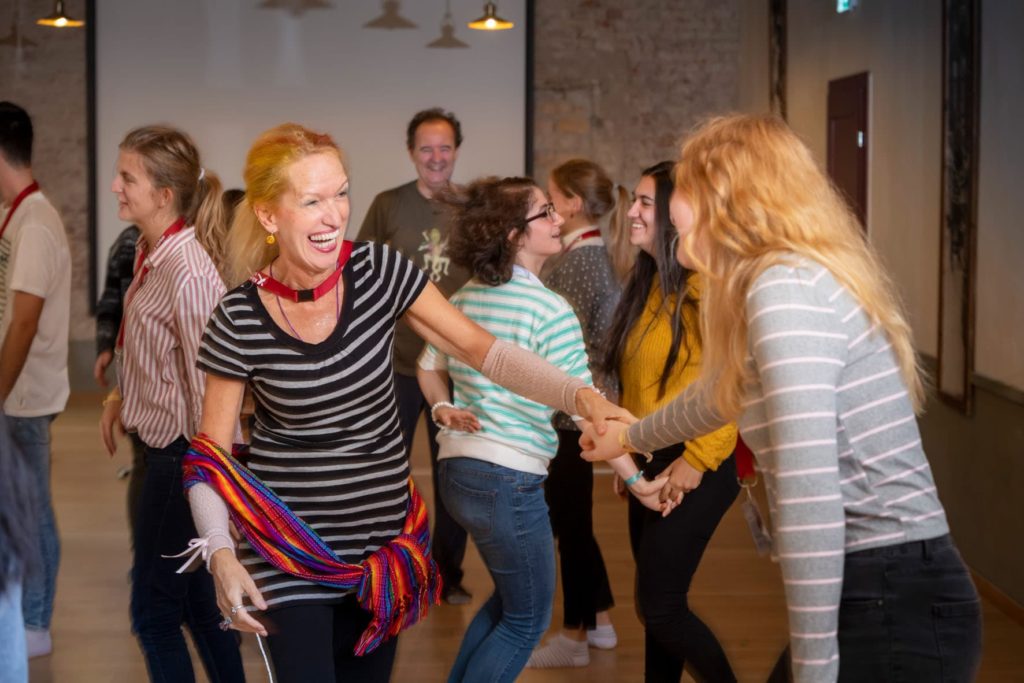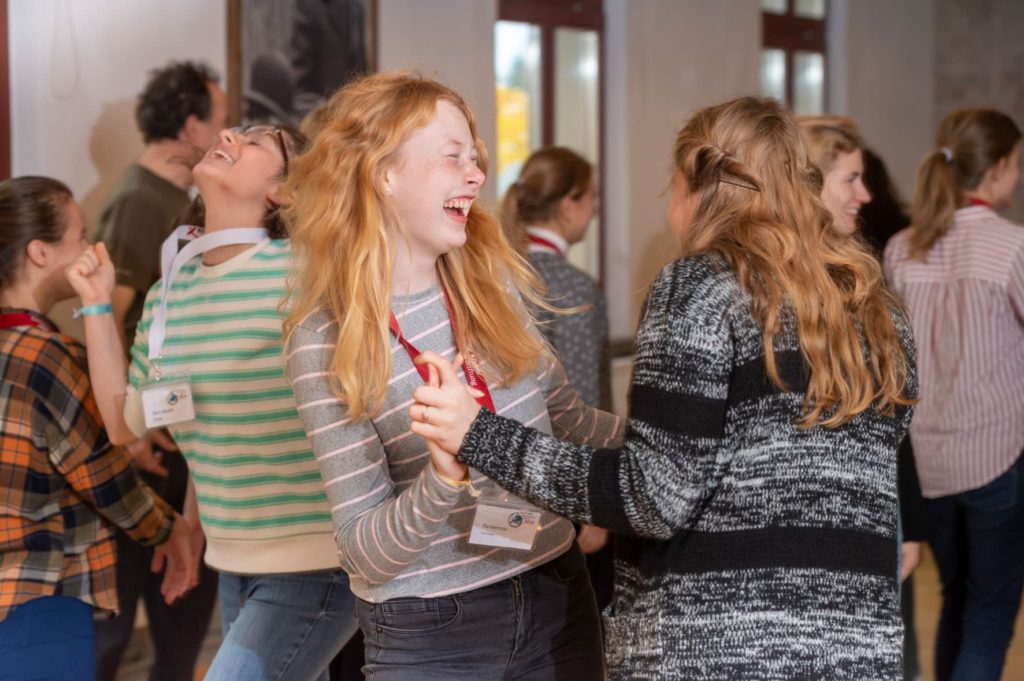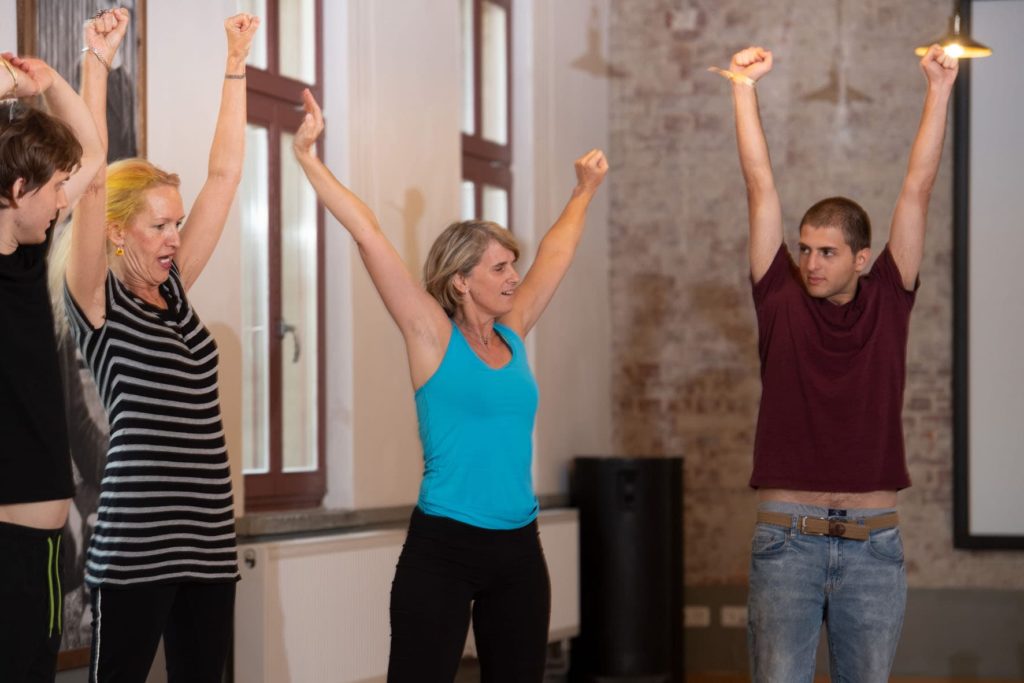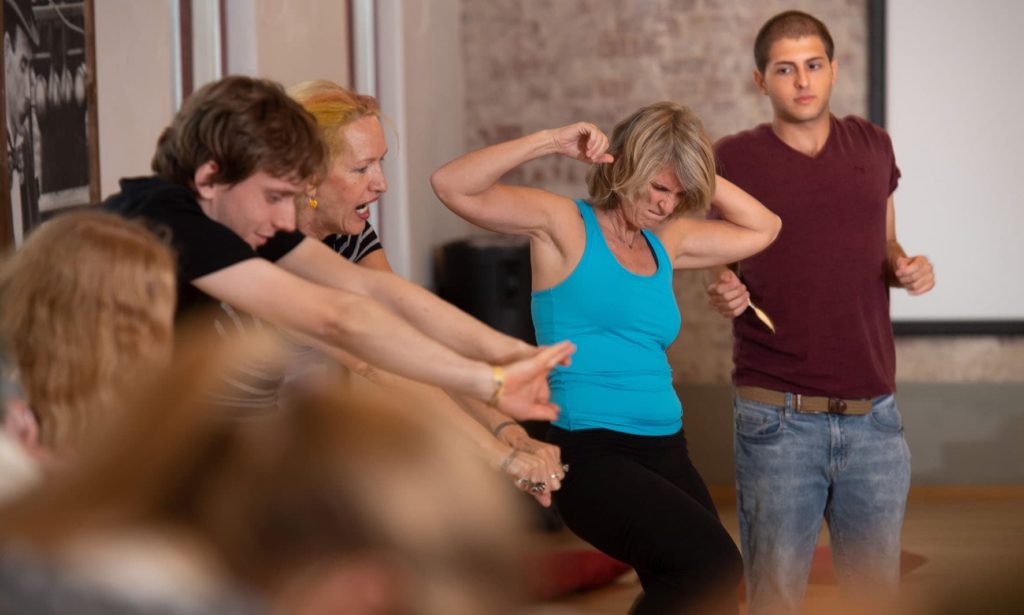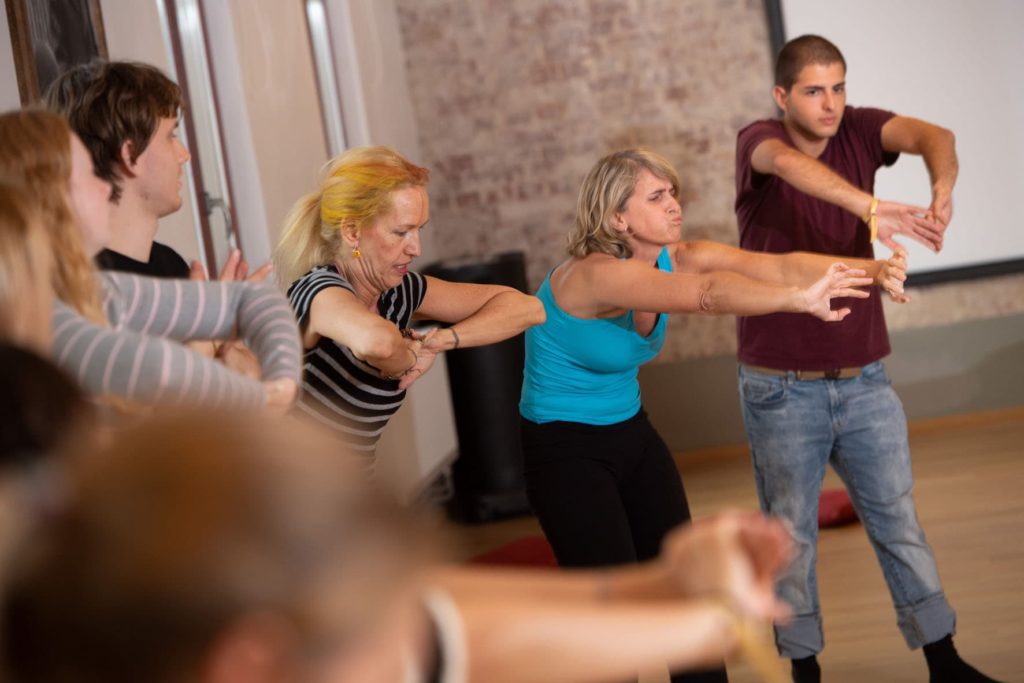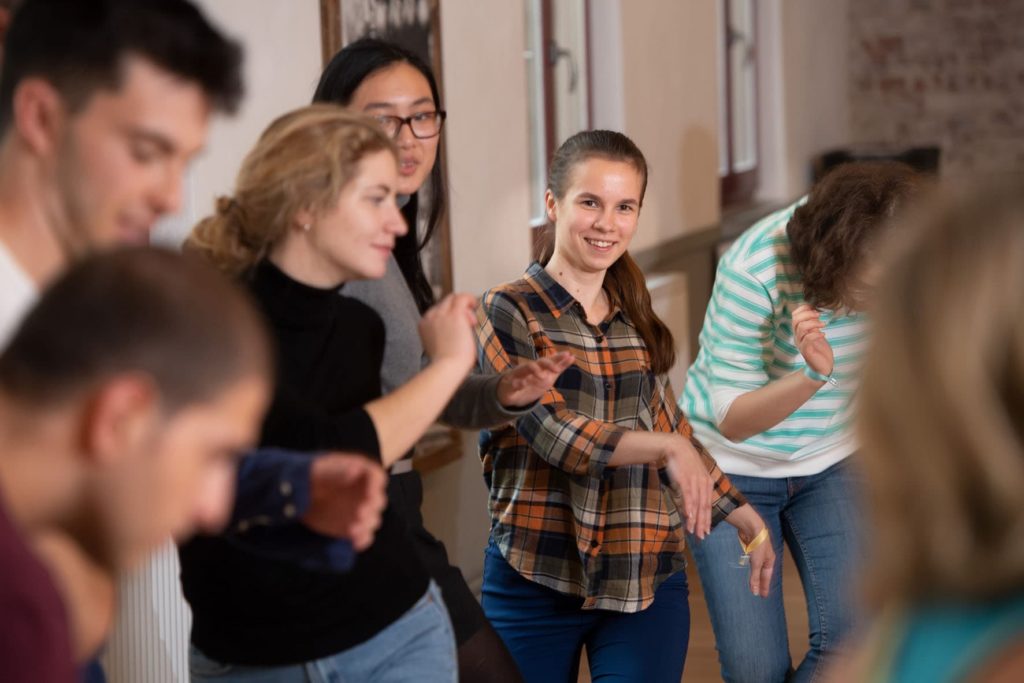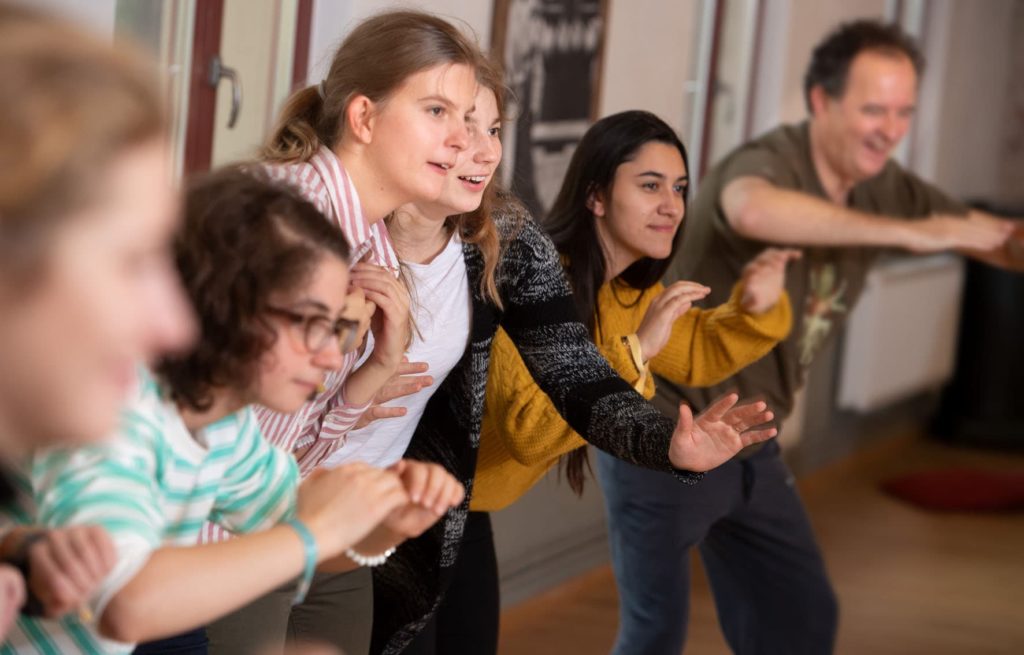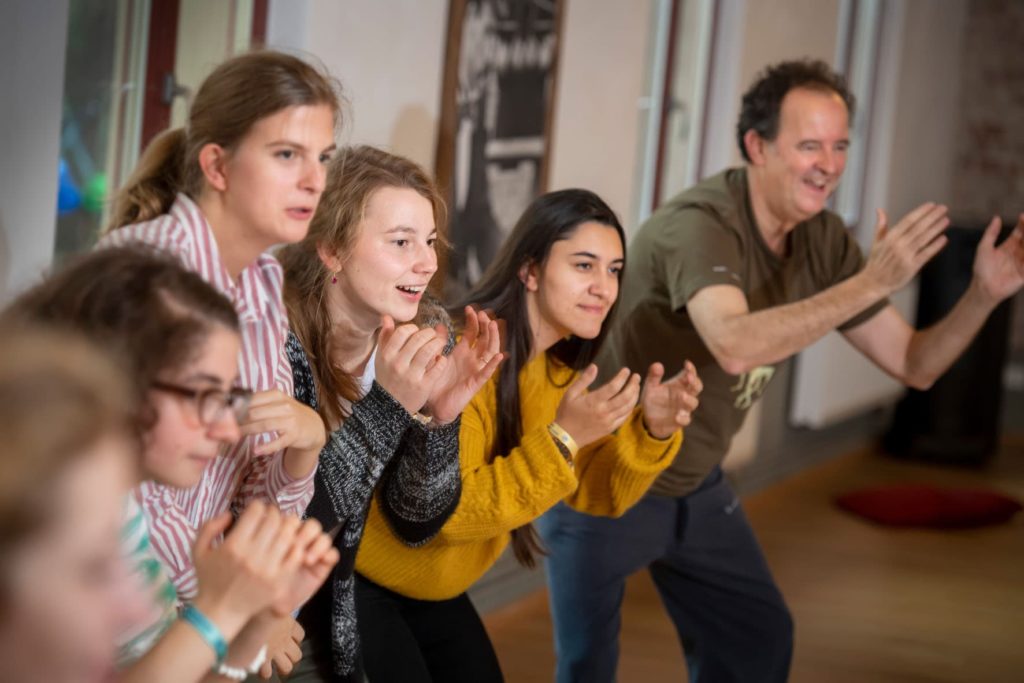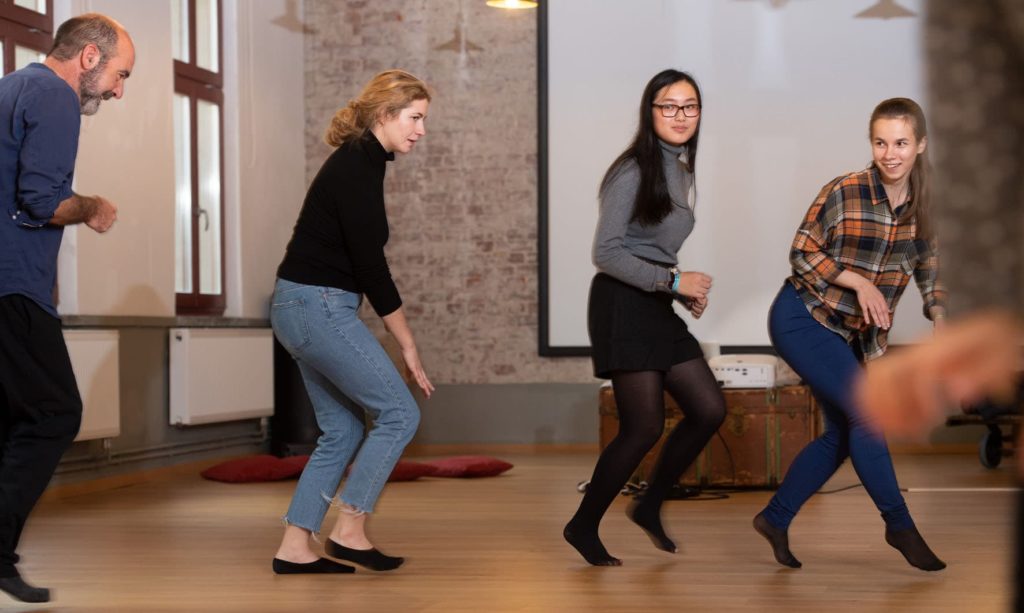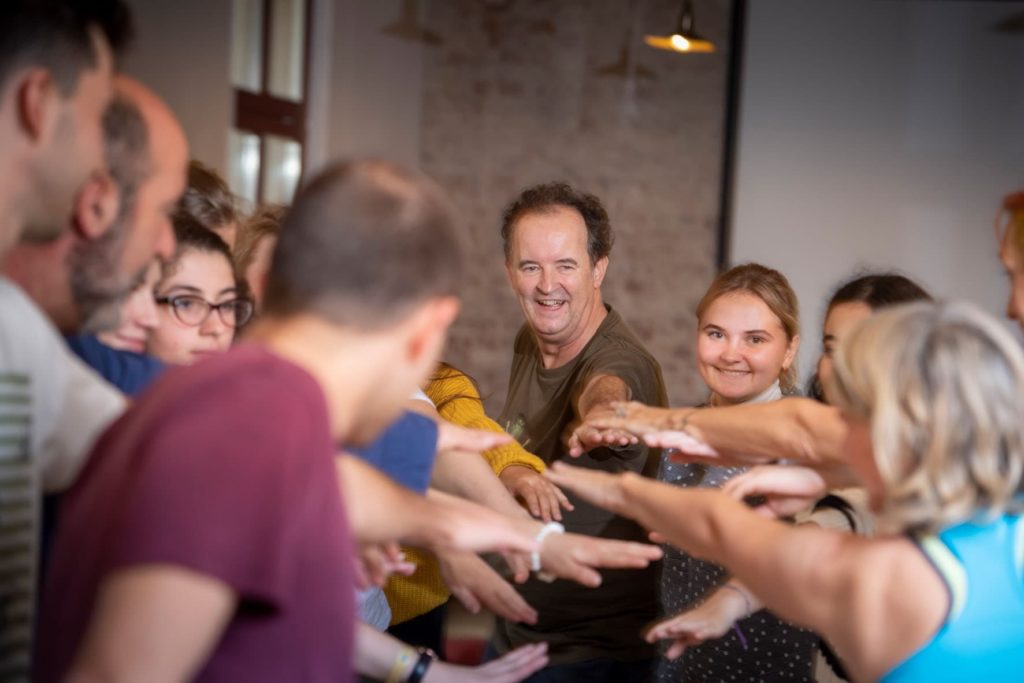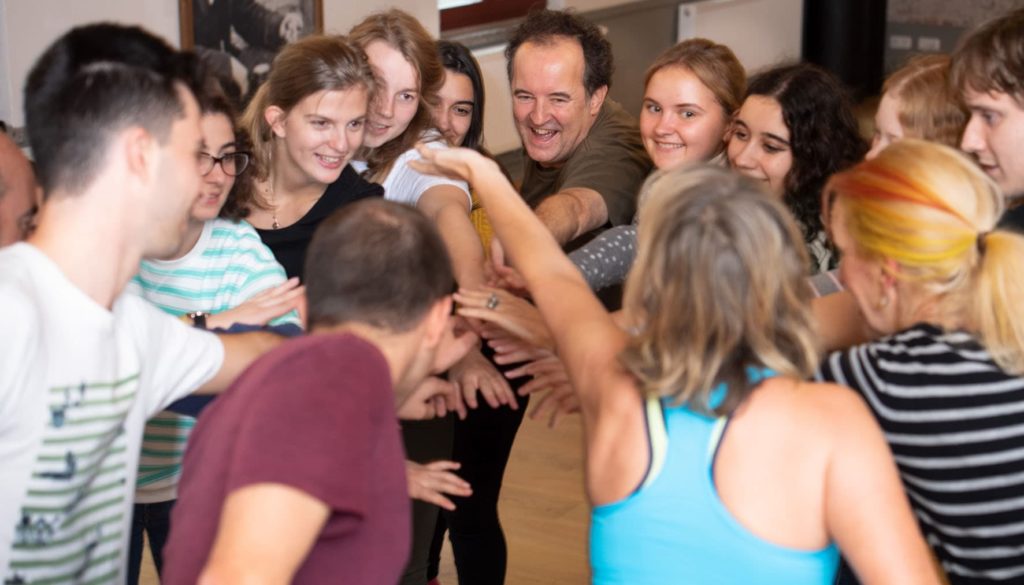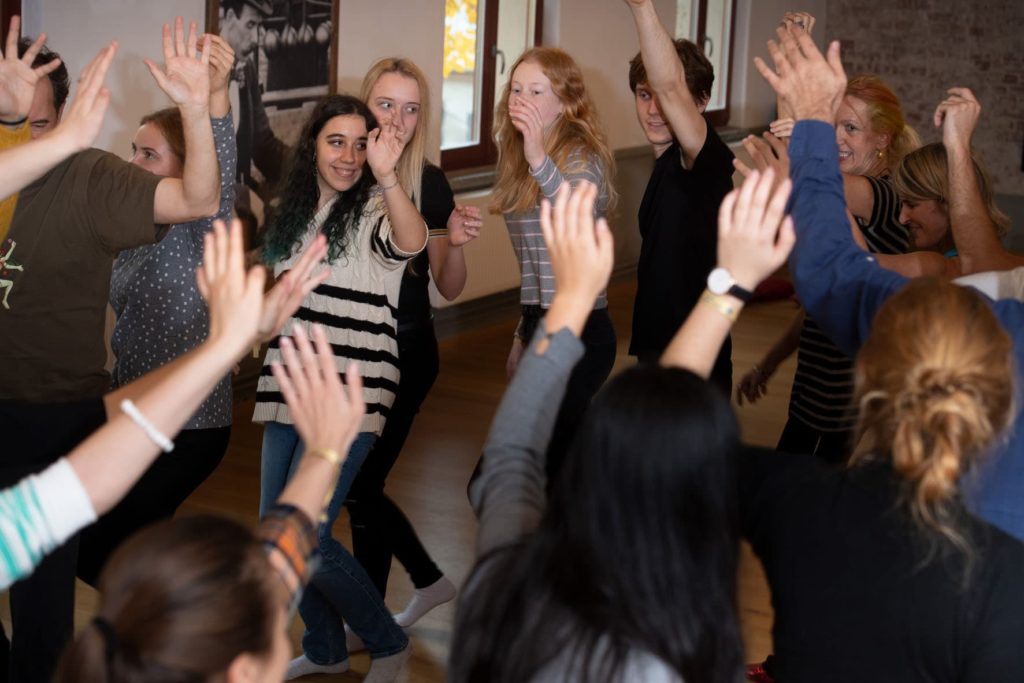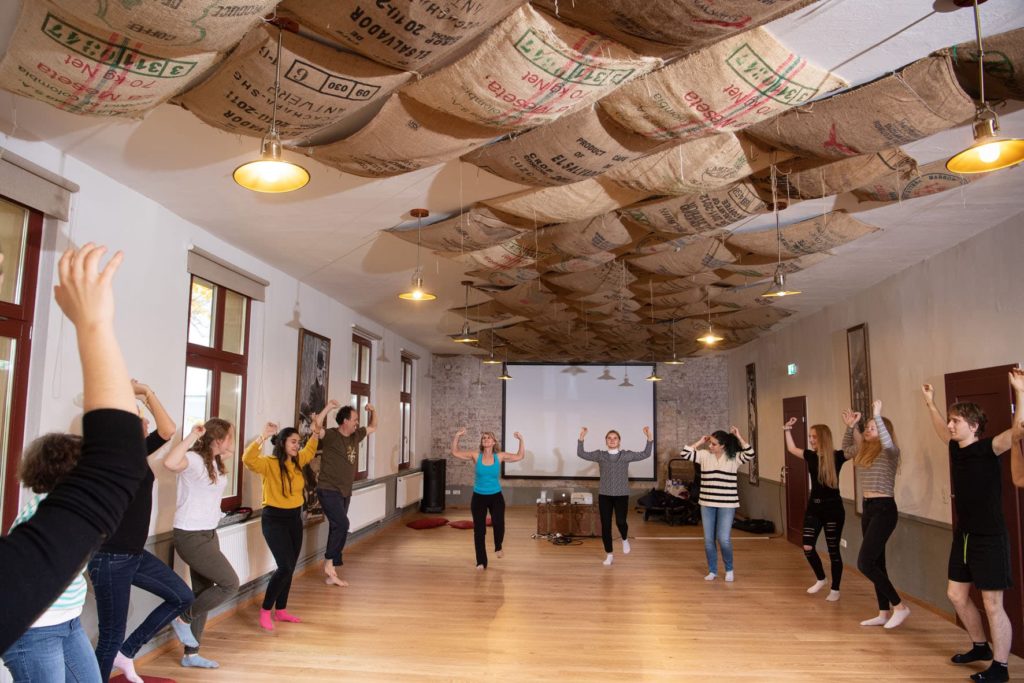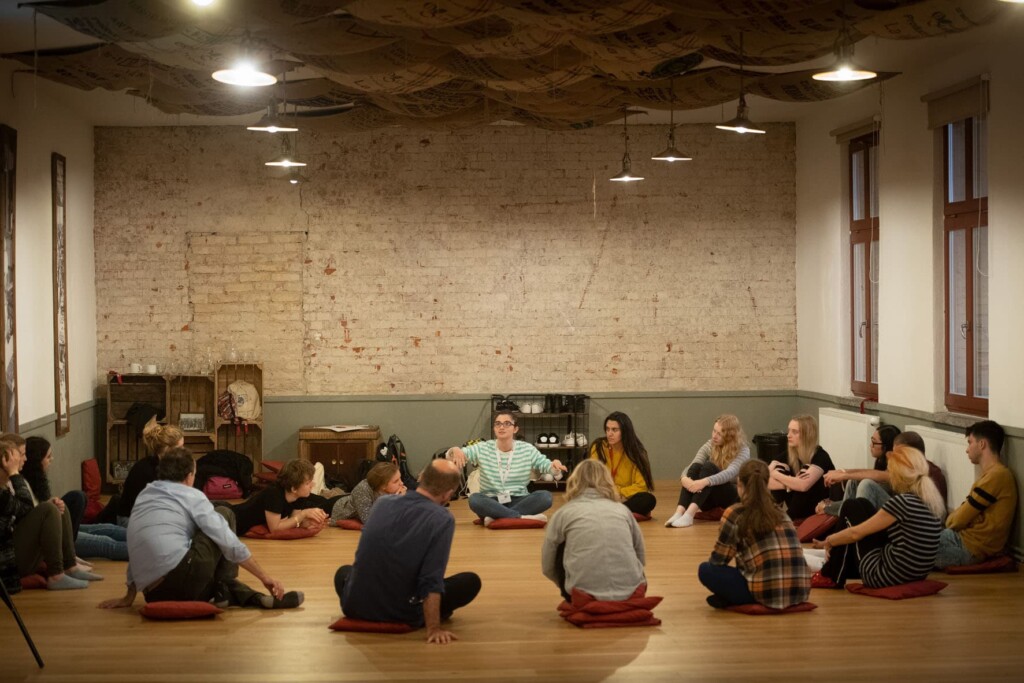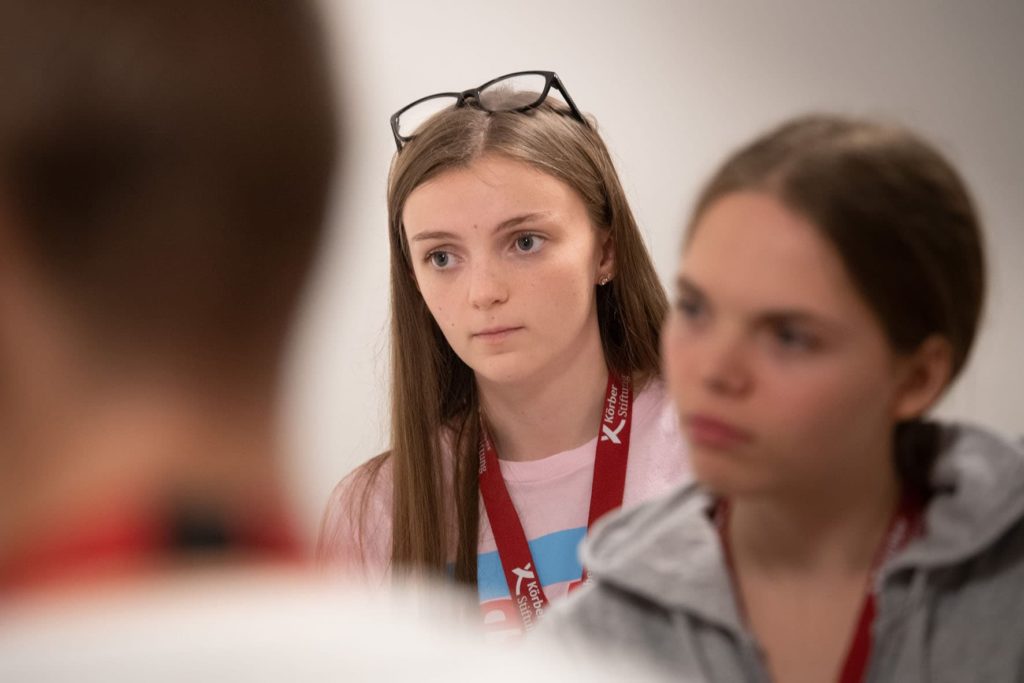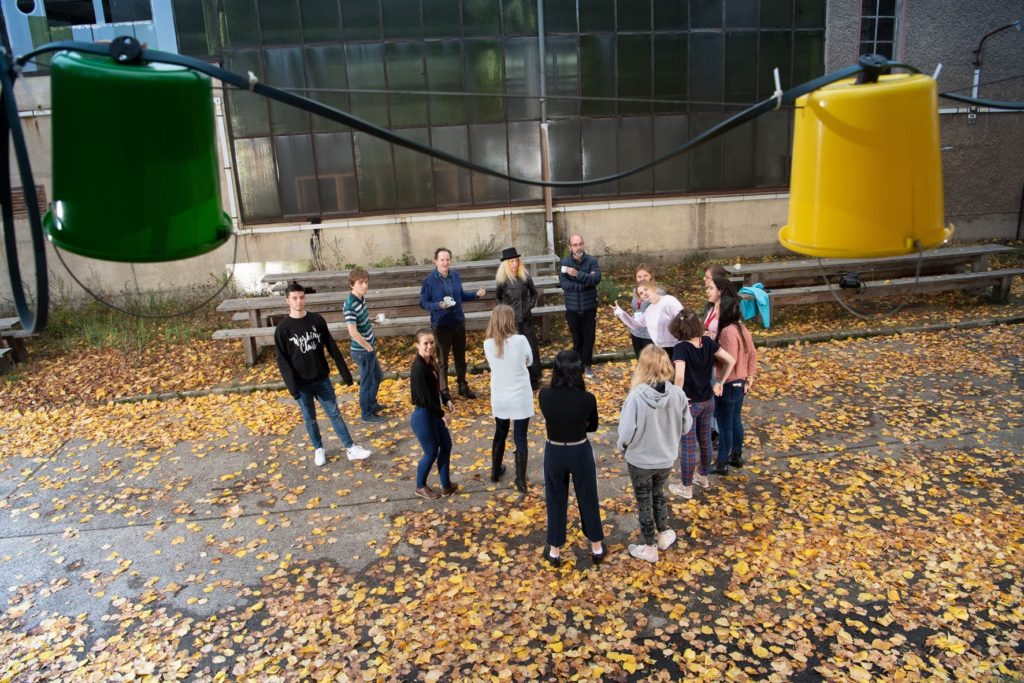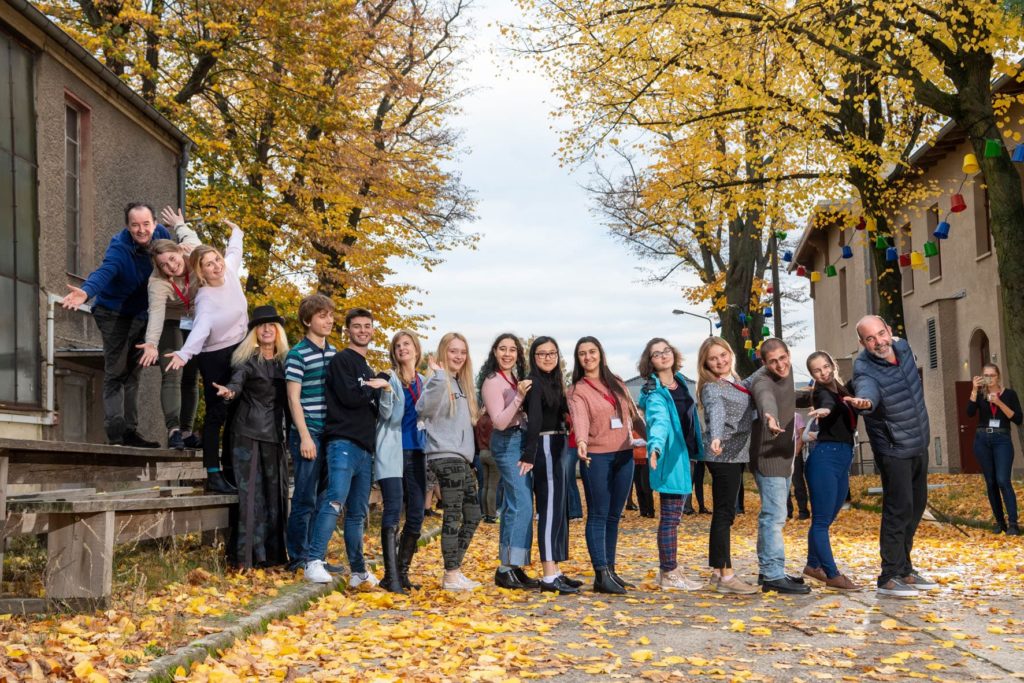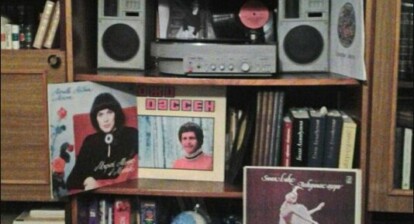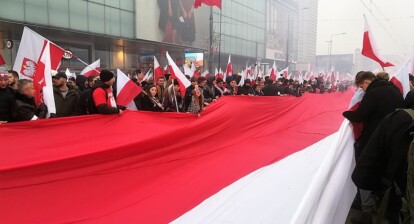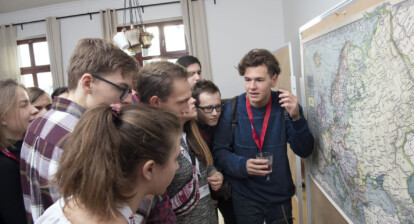The Spanish »Transición« took place in the 1970s and marks the transition from the Franco dictatorship to parliamentary democracy. Transitioning from dictatorship to democracy is not an easy thing to accomplish. A new future needs to be built and at the same time the past cannot be erased and influences societies. Such drastic changes often leave behind striking marks in people’s memories. But is history really what we choose to remember? Or are the things we decide to forget just as important? We took a special look at what we forget, or ‘mis-remember’, and why.
We explored the relationship between memory and history. The political, cultural and social elements that surround a transition create an environment of constant evolution and make it difficult to pin down. We included experiences from our own countries and families, which helped us to identify various layers of memory and to relate them to each other. We also looked at the ongoing and dynamic process of remembering and the relations between individual memories and cultural, social and political frames surrounding them.
To prepare for our final stage performance, we used exercises in motion, performance, self-awareness, improvisation and meditation to expresses our own thoughts and emotions about history and memory.
Take a look behind the scene of our workshop:
Photos: © Körber-Stiftung/David Ausserhofer
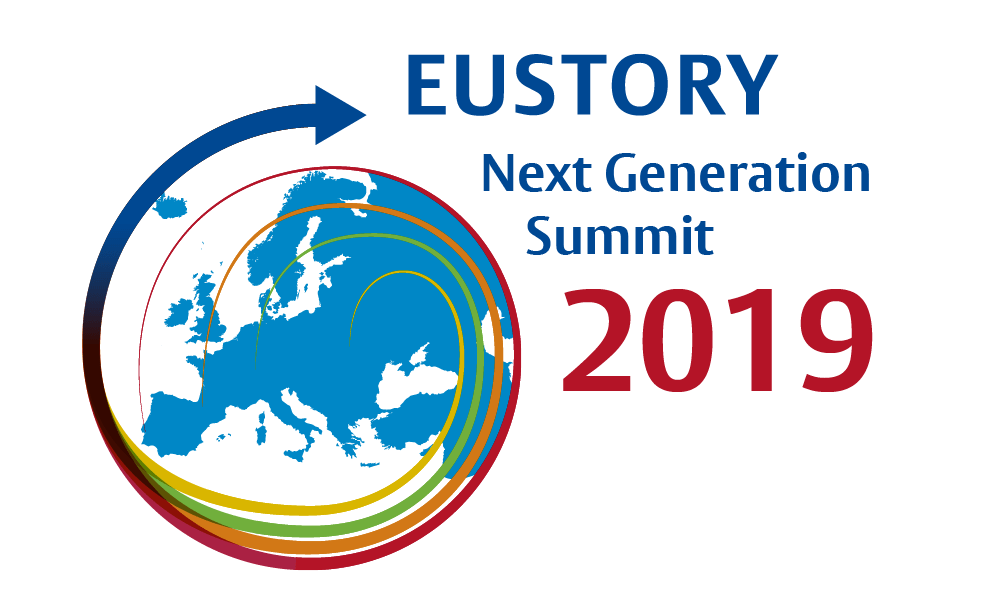
This workshop was a part of the EUSTORY Next Generation Summit 2019 from 15 to 19 October 2019 in Berlin.
About the Workshop
This workshop was realised in partnership with Real Maestranza de Caballería de Ronda (RMR)
 The Real Maestranza de Caballería de Ronda (RMR) is a cultural non-profit organisation. Since 1573 it has aimed at preserving artistic and historic legacies such as archives, a library, the 18th-century bullring and the oldest ridingschool in Spain. RMR has organised the Iberian history competition for young students since 2007.
The Real Maestranza de Caballería de Ronda (RMR) is a cultural non-profit organisation. Since 1573 it has aimed at preserving artistic and historic legacies such as archives, a library, the 18th-century bullring and the oldest ridingschool in Spain. RMR has organised the Iberian history competition for young students since 2007.
Further Information:
http://www.rmcr.org/

